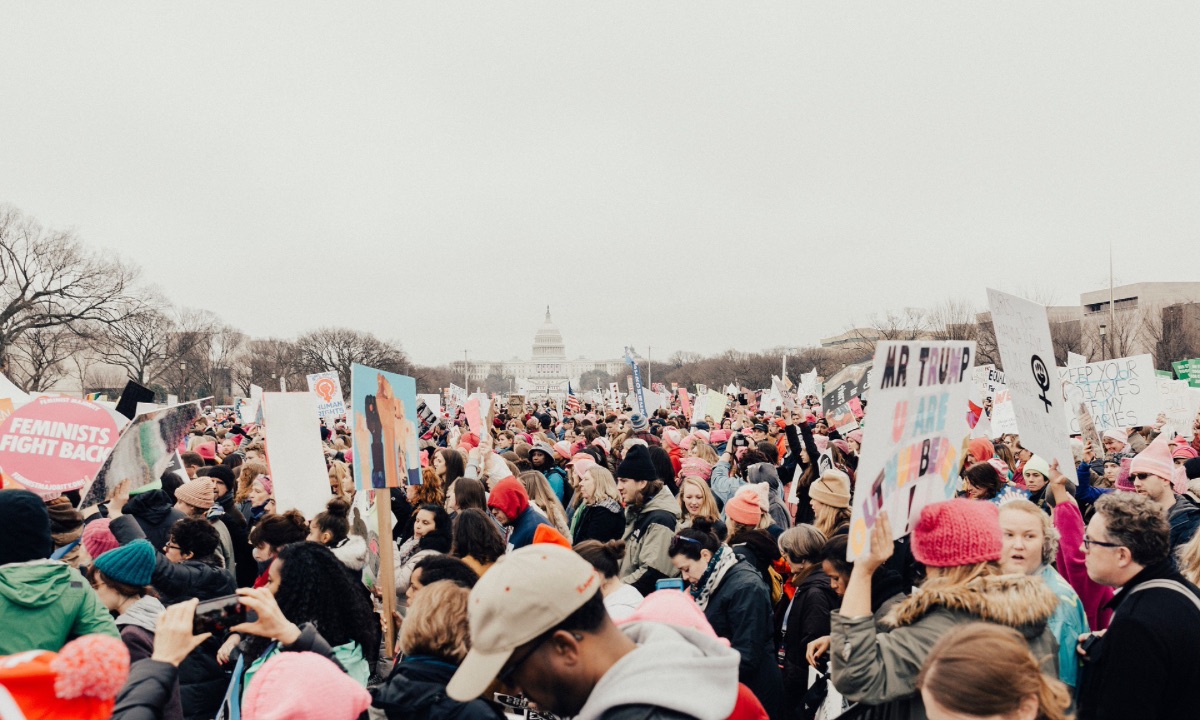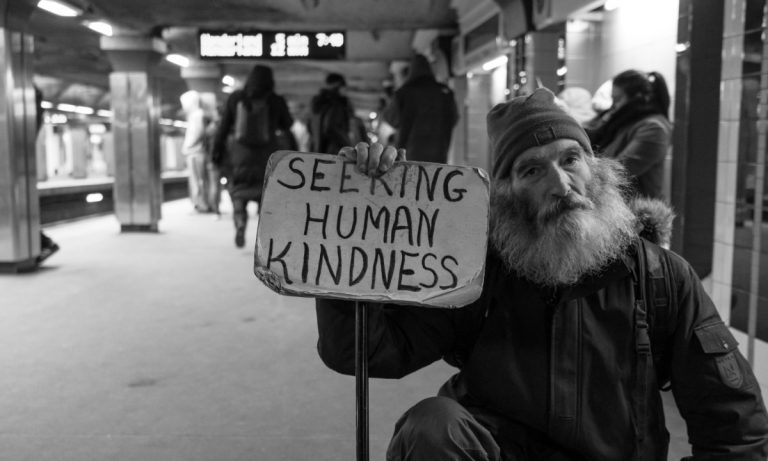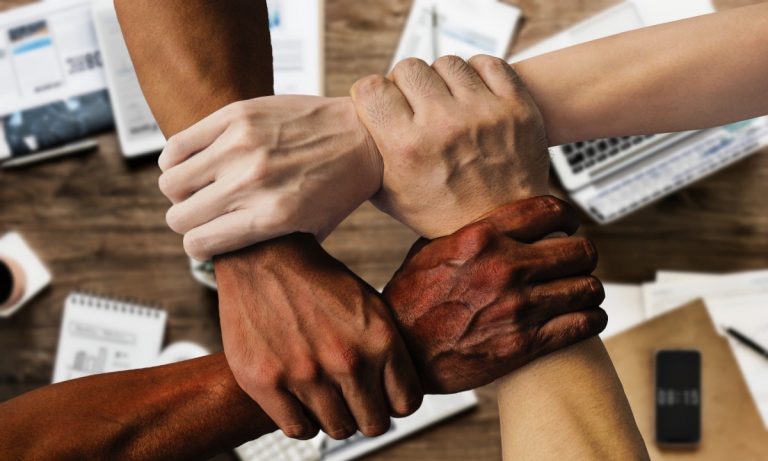Minorities understand one another. They understand what it’s like to be looked down upon for something you were born with. They understand what it’s like to be looked at as sensitive for fighting for equality — and shining light on the fact that society isn’t equal. They understand that they don’t understand.
The rest of the population struggles to reach many of those levels, because they don’t have those same experiences as minority groups. It’s impossible for them to totally “get” it, and I think it’s important to remember that. However, they do have the opportunity to try to understand — through their own experiences that reflect similar messages despite being starkly different in actuality, — but they choose not to, because their lives go on, with or without those lessons.
Worse, those majority groups act like they totally get it. Some people genuinely try to grasp the minority experience, and that’s important to point out, but the underlying problem is that certain people pretend to understand that when they clearly don’t. When you are a minority, you experience things that many people don’t understand, and this instills in you a certain amount of sensitivity.
You embrace that as a minority, you belong to a concentrated group and a larger group. For instance, I am part of the disability community, but on a broader level, I am part of the minority population — with the African-American, LGBTQ and other marginalized communities.
So I understand them a little more than everyone else, and they understand me a little more than everyone else. We know what it’s like to question whether somebody is looking down on you because of your differences. We have a connection with one another that we don’t have with other groups, because we live in similar worlds.
But we understand that while our struggles mostly come from the same sense of privilege of the majority communities, there are some subtle differences, and we acknowledge that.
I don’t fully understand what it’s like to be African-American or a part of the LGBTQ community, and they don’t fully understand what it’s like to live with a disability. And even though we try to understand one another, we never will, because you can only truly understand the things you live with on a daily basis. There’s nothing wrong with that, but the problem is that sometimes, we deny this, either because we want to help others and understand their lives so bad, or because our ignorance gets in the way.
What happens is, because we think we already understand what people are going through, we sometimes disregard what they are saying about their own experiences, and this is a challenge for me and others with disabilities: the mere fact that we have a disability makes people think it’s OK to ignore — and have our families and friends speak for — us.
In other words, we jump to conclusions, which is the same thing we do in regards to African-Americans and other minorities. We are brainwashed into thinking that stereotypes are reality from a young age, and we are taught trying to understand one another is a waste of time, because the majority of lives will go on whether we do or don’t, and it’s easier to ignore a life than to improve one.
The problem here: ignorance. It’s so easy to think we understand other people’s lives enough to say somebody should be doing this or that, because we often think we’ve unlocked the secret. We spend so much time criticizing others — whether it’s a family member, coworker, star athlete, an entire population of people — when we don’t understand their lives.




Well-written!!! Thanks for sharing your experience of being a minority.
Ynesse